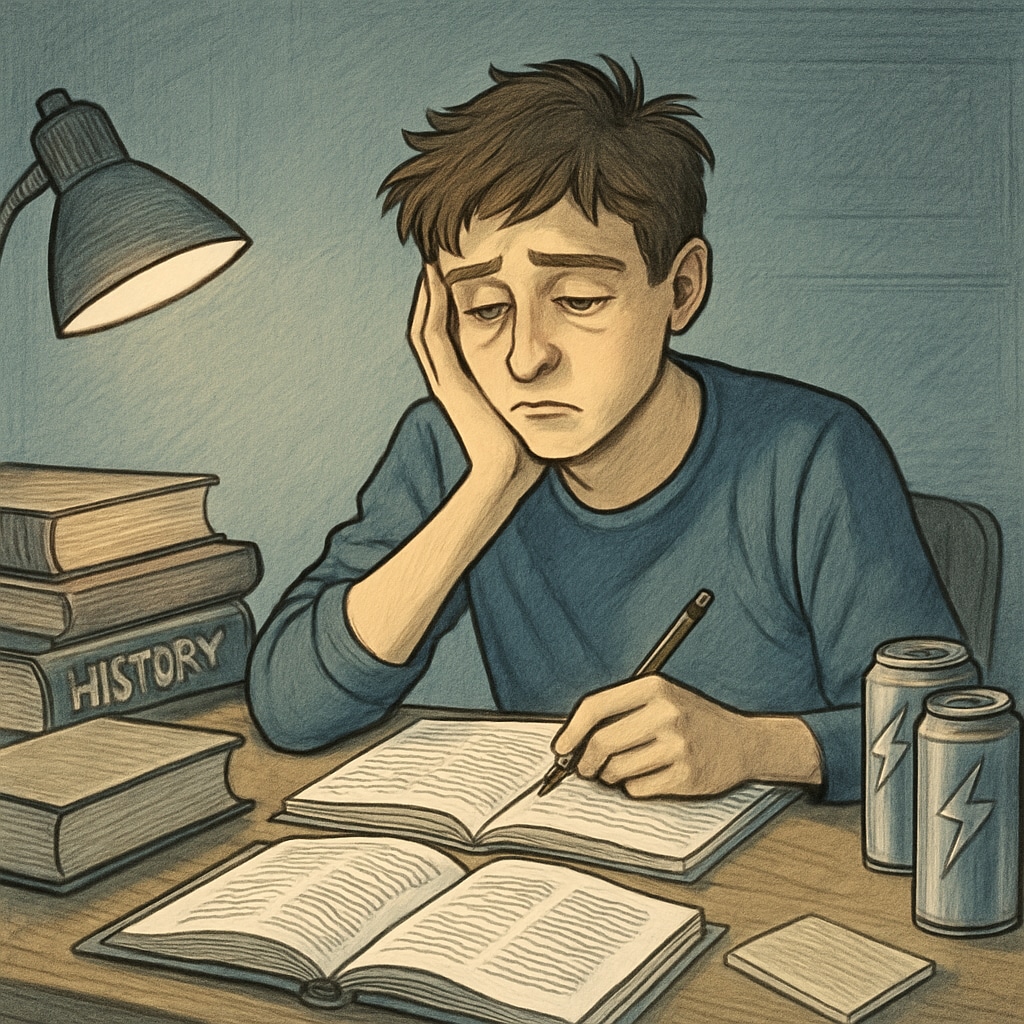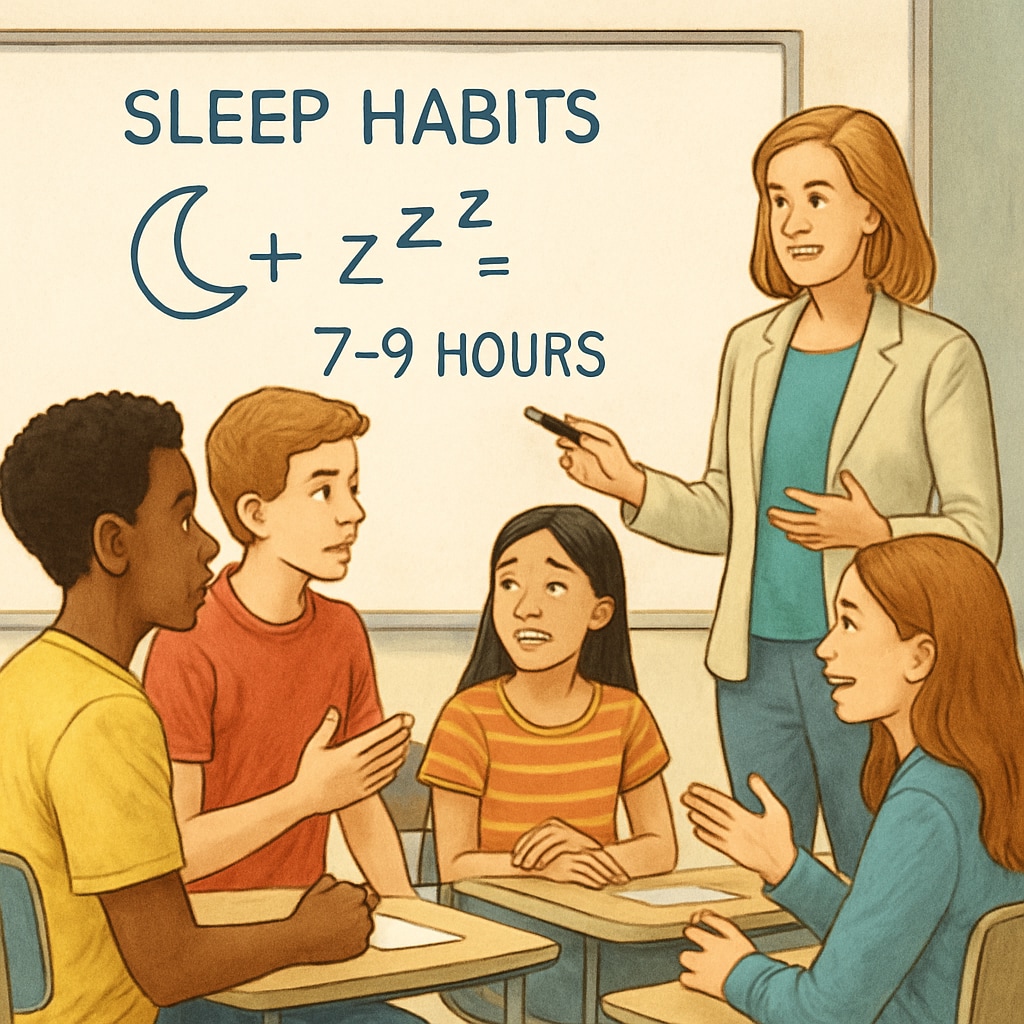Sleep, mental health, and school pressure form a critical triad affecting K12 students’ development. Research from the CDC shows 60% of middle/high schoolers get insufficient sleep, with severe consequences for cognitive function and emotional regulation.

The Physiological Toll of Sleep Deficit
Chronic sleep deprivation triggers measurable biological changes:
- Impaired memory consolidation (learning retention drops up to 40%)
- Disrupted hormone regulation affecting growth and appetite
- Weakened immune response, increasing illness-related absences
As noted in NIH studies, sleep is when the brain removes neurotoxins – a process incomplete with shortened rest.
Autonomy as a Wellness Solution
Empowering students to manage their sleep schedules yields benefits:
- 24% higher test scores among self-regulated sleepers (University of Oxford)
- Reduced anxiety symptoms by allowing natural circadian rhythm alignment
- Improved time management skills through personal responsibility

Implementation strategies: Schools can adopt later start times, while parents might negotiate bedtime windows. The key is recognizing sleep as non-negotiable biological maintenance, not laziness.
Transitioning to student-centered rest requires systemic change, but the payoff – healthier, higher-performing learners – makes this evolution essential for modern education.


